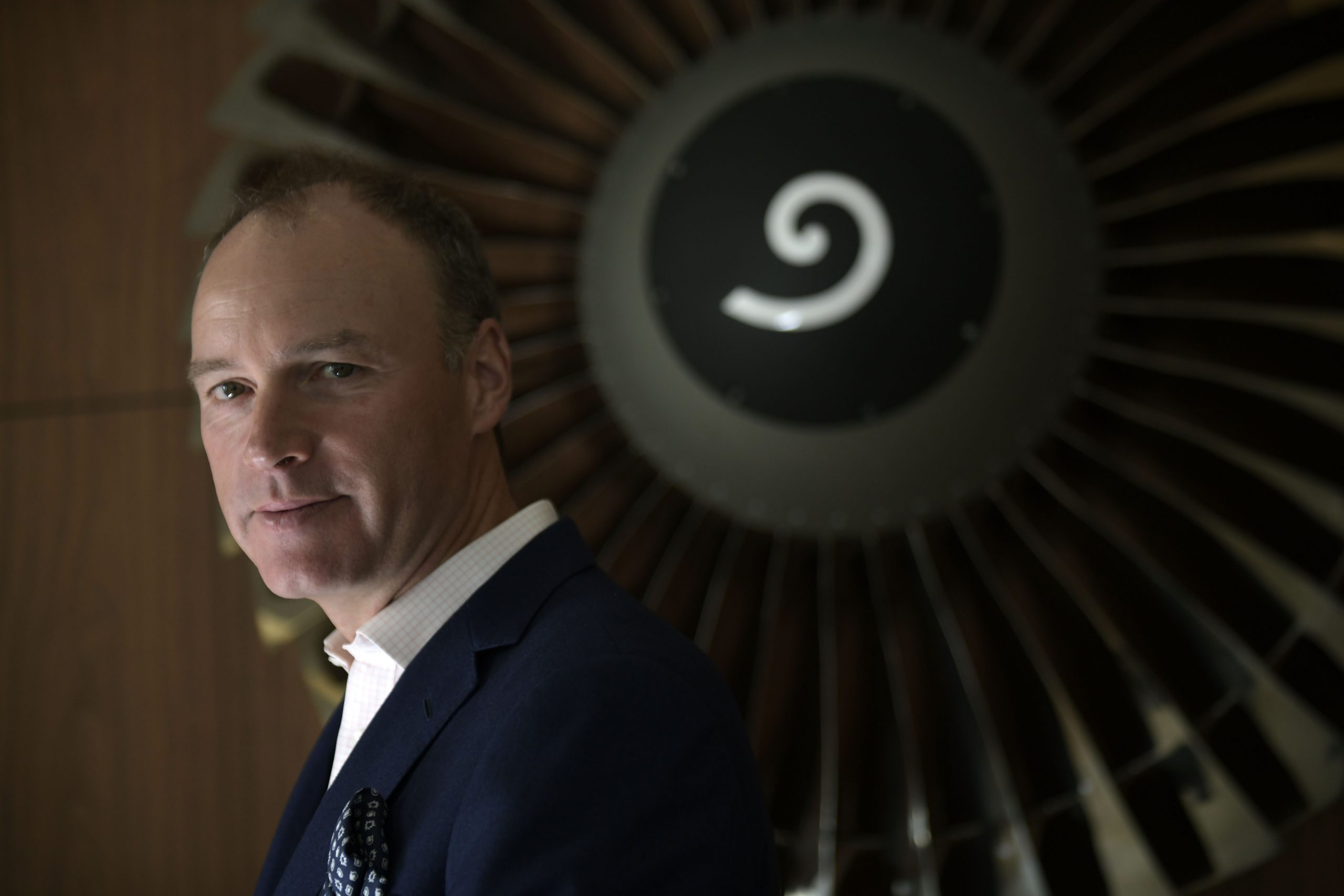Aengus Kelly was sitting in an officious boardroom in the United States looking for a sign. Any sign. Throughout his career, he had always been able to read a room, to assess the undertow of a meeting and calculate a likely outcome. He had been involved in numerous mergers, acquisitions and corporate deals, even helping float a company on the New York Stock Exchange. But this meeting had a different complexion and the result was far less certain. For a start, the scale of the proposed deal was staggering – Kelly’s aviation company AerCap was proposing to buy one of…
Cancel at any time. Are you already a member? Log in here.
Want to read the full story?
Unlock this article – and everything else on The Currency – with an annual membership and receive a free Samsonite Upscape suitcase, retailing at €235, delivered to your door.

